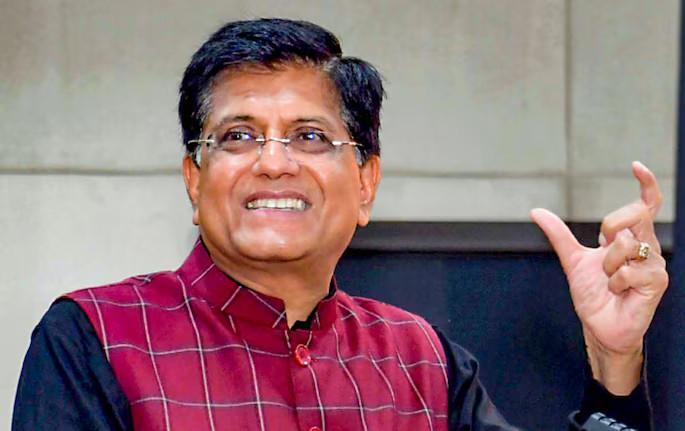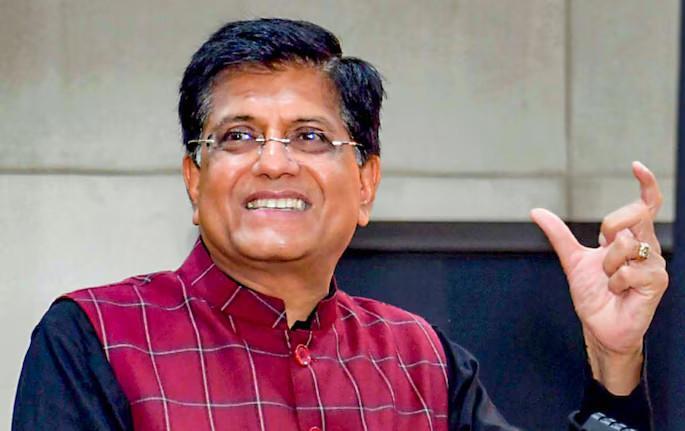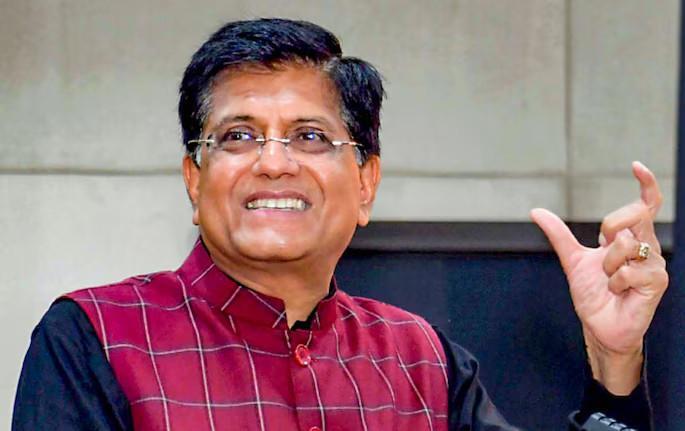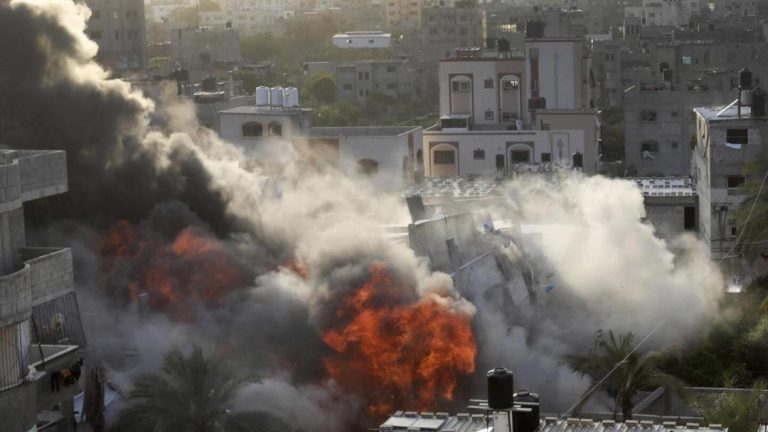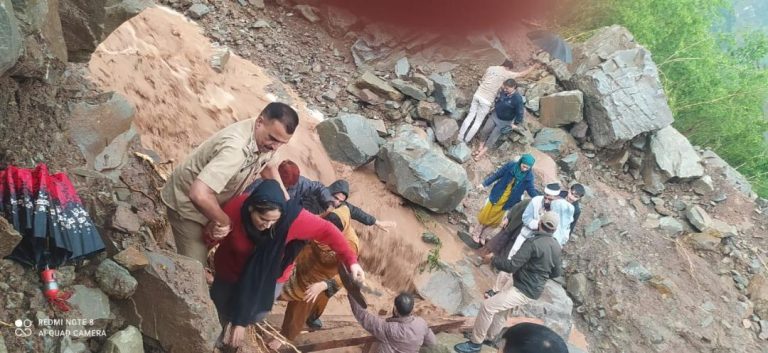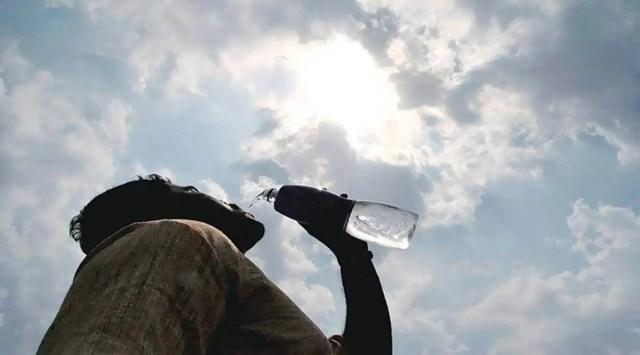
Experts Call for “Right to Cool”, Paid Heat Leaves for Informal Sector Workers in Summer
As the summer season sets in, India is grappling with a severe heatwave that has left many people struggling to cope with the scorching temperatures. While the urban population is largely equipped to deal with the heat, the informal sector workers, who form a significant chunk of the workforce, are often left to bear the brunt of the heatwave. In this context, experts are calling for the recognition of a “right to cool” for these workers, along with paid heat leaves on red-alert days.
According to a report by the India Meteorological Department (IMD), the country is expected to witness a severe heatwave this summer, with temperatures soaring to as high as 45°C in some parts of the country. The heatwave is particularly severe in urban areas, where the lack of green spaces and inadequate infrastructure exacerbates the problem. However, it is the informal sector workers, including vendors, labourers, and construction workers, who are the most vulnerable to the heatwave.
“Cooling disparities must be addressed as a basic right,” said Amruta, a Greenpeace India campaigner. She is advocating for the recognition of a “right to cool” for informal sector workers, which would ensure that they are provided with adequate cooling facilities and temperature-reducing measures to protect their health and well-being. Amruta’s call for a “right to cool” is not just a moral obligation, but also a legal requirement, as the Working Hours (Regulation) Act, 1956, mandates that workers are entitled to a safe and healthy work environment.
Meanwhile, Hisham Mundol, the Chief Advisor in India for the Environmental Defense Fund, is calling for paid time off on red-alert days. “We need to recognize that heatwaves are not just a natural disaster, but a public health emergency,” said Mundol. “Paid time off on red-alert days is not just a luxury, but a necessity to protect the health and well-being of informal sector workers.”
The need for paid heat leaves is particularly pressing, as informal sector workers often lack access to air-conditioned spaces and are forced to work in extreme heat. According to a report by the International Labour Organization (ILO), informal sector workers are more likely to suffer from heat-related illnesses, which can have serious consequences for their health and productivity.
The Indian government has taken some measures to mitigate the impact of the heatwave, including declaring heatwave alerts and providing relief to affected areas. However, more needs to be done to protect the informal sector workers, who are the backbone of the Indian economy.
The recognition of a “right to cool” and paid heat leaves would not only protect the health and well-being of informal sector workers but also boost their productivity and morale. It would also send a strong signal that the government is committed to protecting the rights of its most vulnerable citizens.
In conclusion, the heatwave this summer is a stark reminder of the need for urgent action to protect the informal sector workers. The recognition of a “right to cool” and paid heat leaves are critical steps towards ensuring that these workers are protected from the heatwave and can continue to contribute to the Indian economy. As Amruta and Mundol have emphasized, cooling disparities must be addressed as a basic right, and paid time off on red-alert days is not just a luxury, but a necessity.
Source: https://repository.inshorts.com/articles/en/PTI/9866fa74-f5af-4b53-a5ca-93774d622451
